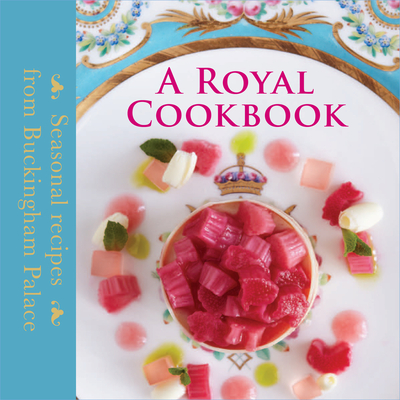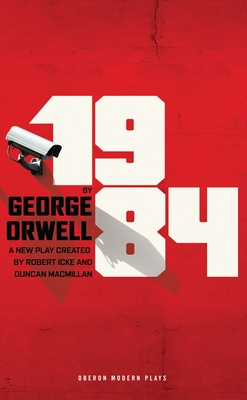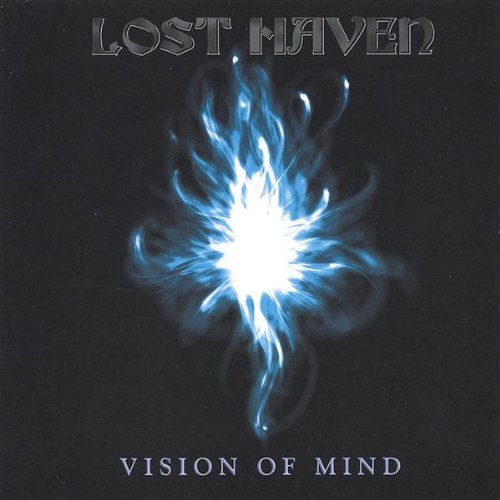
description
8This glorious anthology is a complete compendium of all poems and songs written by Scotland's iconic national poet - Robert Burns.
Arranged according to the date they were written, this anthology contains both famous and lesser known works by Burns. Written in his distinct style, replete with slang and terminology native to his homeland, the poet covers subjects such as love, longing, celebration, politics and emotional expression. Deeply enthralled by the folk history of Scotland, Burns set about finding and collating texts which he used for inspiration; this lifelong effort proved beneficent to both his work, and for the wider recording of Scottish history.
To this day, Burns' poem Auld Lang Syne is sung around the world at the moment the New Year arrives, as a celebration of the greathearted attitude to life and its trials the verses promote. Other poems, such as A Man's A Man For A' That, are celebrated for their heartfelt depth of sentiment and lyrical beauty.
Known for his staunch views against poverty, which were expressed both in his poems and his letters in standard English, Burns abides as an early source of inspiration for both liberal and democratic socialist movements in the UK. The Scottish traditions of alleviating poverty and ensuring a decent standard of living is available as widely as possible can be traced back to the indignation of Burns and other, like-minded people of his time at the squalid conditions endured by the poor.
Over the years since his death at the age of thirty-seven in 1796, Burns has enjoyed a steady rise in popularity and renown, having inspired countless poets and writers. Today, he is affectionately referred by the monikers such as Rabbie Burns or The Bard of Ayrshire. On statues, in schools and universities, and by many a scholar and Scot, Burns lauded as Scotland's national poet and one of the finest Scotsmen to have ever lived.
As mentioned, this book arranges the life work of Burns by year. As such it may be referenced at random, or read sequentially to gain an impression of how the young artist's talents developed. Although Robert Burns died at only thirty-seven, he lived an adventurous, daring life and was a keen critic never shy of expressing his views: many of his poems contain acerbic criticisms of late-18th century society and its politics.
Arranged according to the date they were written, this anthology contains both famous and lesser known works by Burns. Written in his distinct style, replete with slang and terminology native to his homeland, the poet covers subjects such as love, longing, celebration, politics and emotional expression. Deeply enthralled by the folk history of Scotland, Burns set about finding and collating texts which he used for inspiration; this lifelong effort proved beneficent to both his work, and for the wider recording of Scottish history.
To this day, Burns' poem Auld Lang Syne is sung around the world at the moment the New Year arrives, as a celebration of the greathearted attitude to life and its trials the verses promote. Other poems, such as A Man's A Man For A' That, are celebrated for their heartfelt depth of sentiment and lyrical beauty.
Known for his staunch views against poverty, which were expressed both in his poems and his letters in standard English, Burns abides as an early source of inspiration for both liberal and democratic socialist movements in the UK. The Scottish traditions of alleviating poverty and ensuring a decent standard of living is available as widely as possible can be traced back to the indignation of Burns and other, like-minded people of his time at the squalid conditions endured by the poor.
Over the years since his death at the age of thirty-seven in 1796, Burns has enjoyed a steady rise in popularity and renown, having inspired countless poets and writers. Today, he is affectionately referred by the monikers such as Rabbie Burns or The Bard of Ayrshire. On statues, in schools and universities, and by many a scholar and Scot, Burns lauded as Scotland's national poet and one of the finest Scotsmen to have ever lived.
As mentioned, this book arranges the life work of Burns by year. As such it may be referenced at random, or read sequentially to gain an impression of how the young artist's talents developed. Although Robert Burns died at only thirty-seven, he lived an adventurous, daring life and was a keen critic never shy of expressing his views: many of his poems contain acerbic criticisms of late-18th century society and its politics.
member goods
No member items were found under this heading.
Return Policy
All sales are final
Shipping
No special shipping considerations available.
Shipping fees determined at checkout.







